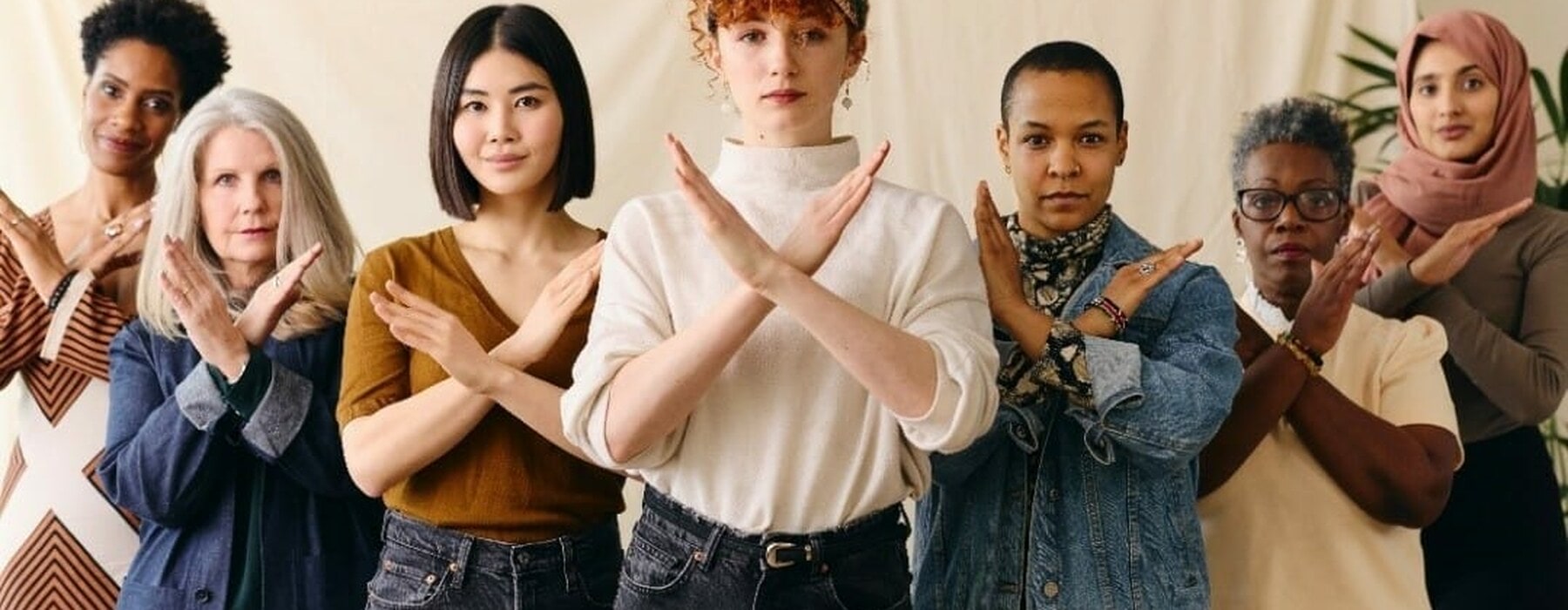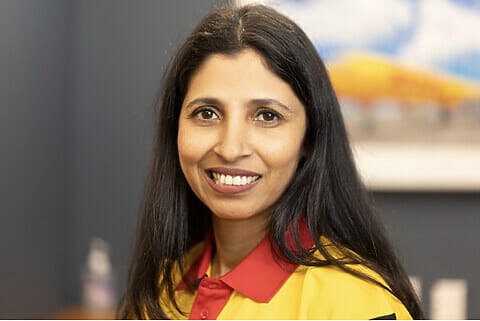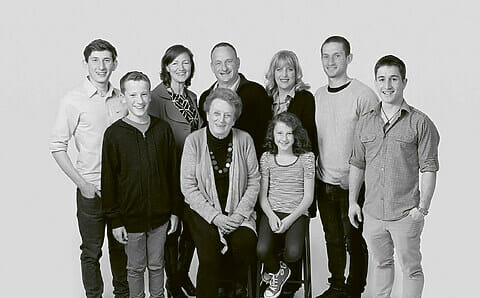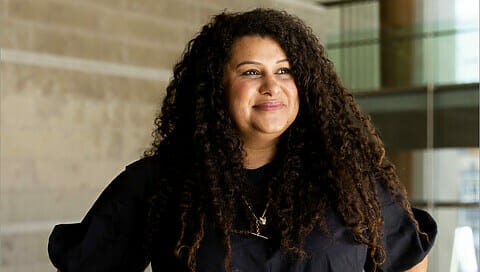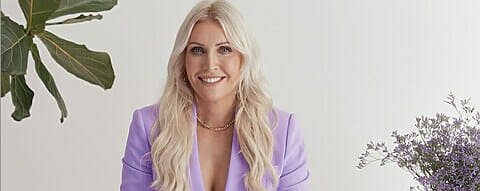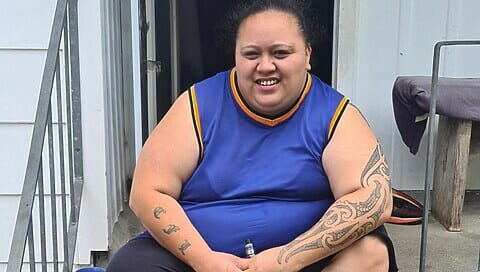In 1975 on March 8th, International Women’s Day was first celebrated by the United Nations with an aim to eliminate discrimination against women. This year the theme is #EmbracingEquity. Though as Alison Mau pointed out in a piece in Stuff last weekend titled “Don’t waste your time this International Women’s Day” it feels more and more like a convenient opportunity for corporate companies to improve their brand and virtue signal without actually doing very much.
“In recent years” she writes “ IWD (which has been around since 1911) has become a handy date for corporates to flag their support for women’s equity by holding panels and brunches and other ‘events’ which often mask a lack of meaningful progress behind the scenes. Much easier to do a one-and-done cupcake run, one day a year, than do the mahi to create real change.
But while it’s hard not to feel grumpy, (I mean how many iterations of feminism before we no longer need the term, FFS) we still have to seek out justice by engaging with the world. To quote Lydia Millet in a Kim Hill interview recently talking about her rage on climate change “You can’t remain passive infinitely and [invite] hope to settle on you like Emily Dickinson’s bird.”
Women have been fighting for equality for decades, and yet the fight still continues. It is a battle that has been waged on many fronts, from the workplace to education to healthcare.
By telling the stories of women who have overcome obstacles and achieved success, we can help to shift the narrative around gender equality.
One such woman is Kirstine Bartlett, a New Zealand aged-care worker who became a prominent advocate for fair pay for low-wage workers in the healthcare sector. In 2017, Bartlett won a landmark legal battle against her employer, TerraNova Homes & Care, which resulted in a significant pay increase for thousands of care workers in the country. When she took her employers to court working as a carer for the elderly for over 40 years in a job she loved, she was earning just $14.46 per hour slightly above the minimum wage at the time.
Bartlett’s case centred on the argument that care workers, who were mostly women, were being paid less than workers in male-dominated industries despite doing work of equal value. The case was based on the principle of “equal pay for work of equal value,” which is enshrined in New Zealand’s Equal Pay Act. Bartlett argued that her work as a caregiver involved a significant amount of skill, responsibility, and emotional labour, which should be compensated for fairly. Extraordinary to think this change only happened less than six years ago. Wasn’t equal pay the subject of demonstrations in the sixties?
Systemic barriers still exist and these barriers are not just the result of individual prejudices or biases; they are reinforced by laws, policies, and social norms that perpetuate gender inequality and are built into the very fabric of our society.
This year’s theme of equity for women is not just a matter of principle; it is a matter of practicality. Women make up half of the population and are essential contributors to the economy and society as a whole. When we limit those opportunities, we limit the collective potential.
So how do others see equity playing out in Aotearoa?
Sharon Zollner, ANZ NZ Chief Economist
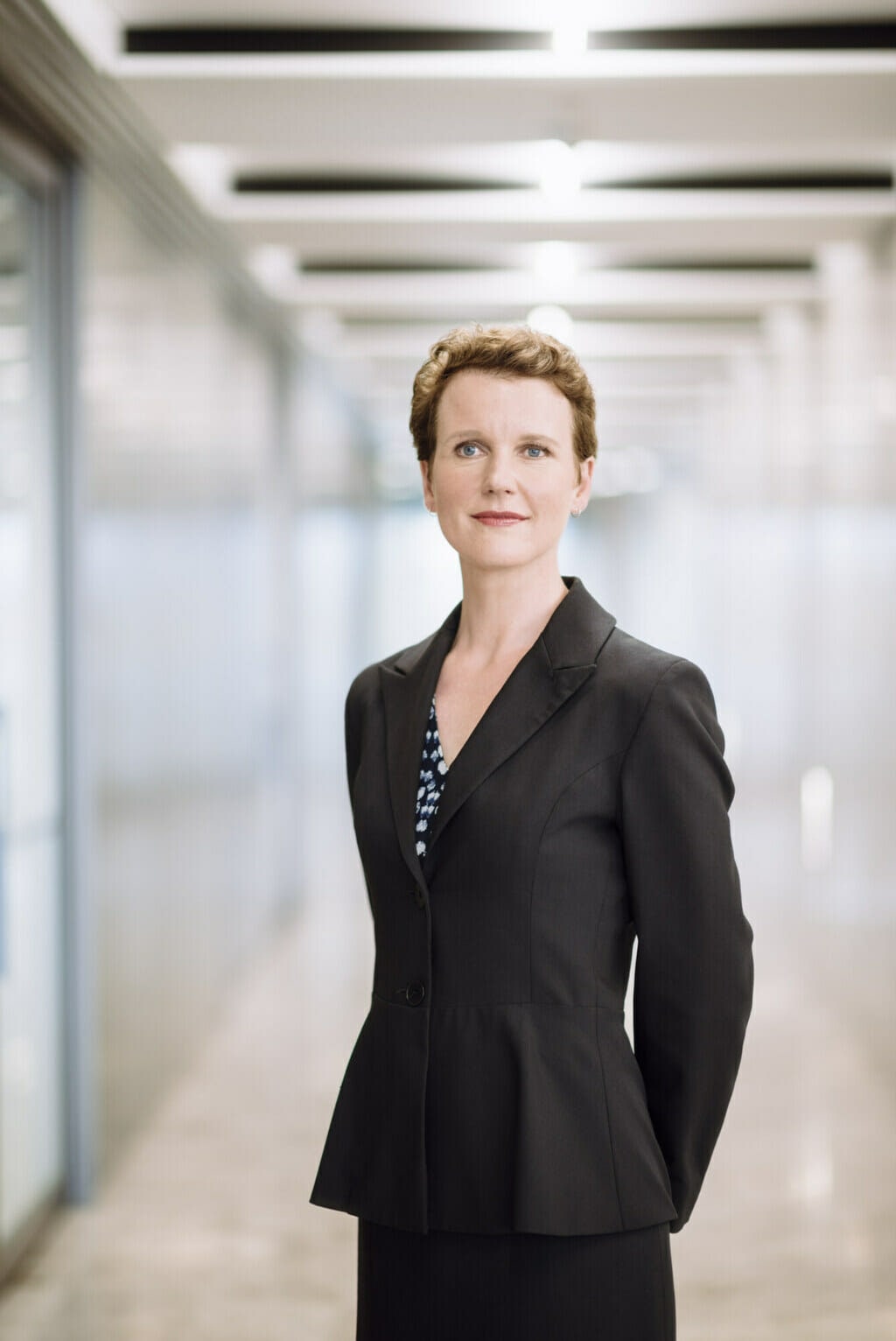
To me, equity means recognising that not everyone has the same position on the starting line and allowing for that. Better data, in particular longitudinal studies about how people’s lives unfold, not just snapshots in time, would help us achieve a better distribution of outcomes.
Hon. Jan Tinetti, Minister for Women
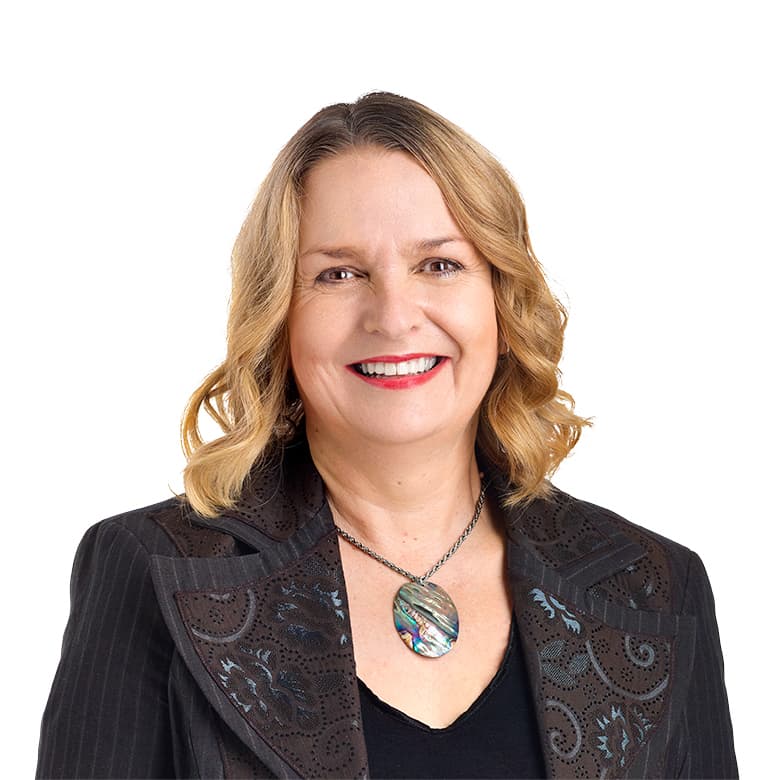
Equity is about ensuring people have what they need to fulfil their potential.The goal of equity is to address barriers that get in the way of people’s ability to thrive. We should take the time today to consider what stands in the way of equity for women across Aotearoa, and how we can help address those barriers.
Sarah P Sparks Managing Director, Communications Consultant,
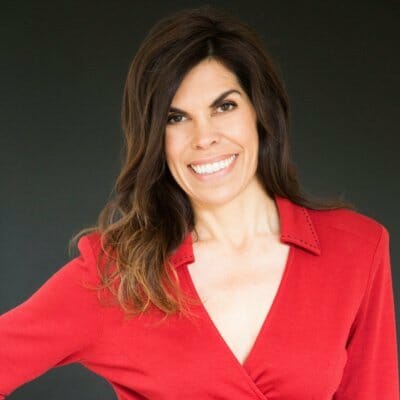
Equity is about having the maturity, intelligence, courage and compassion to play your part respecting and empowering diverse cohorts within our collective so they can be the best that they can be.
The historical ‘one-size-fits-all’ mindset and manifestation of societal systems is a dead duck. Everyone loves using the word “equity” but it’s about the ‘how’ and rests with having the humility to go to the people who have been oppressed and marginalised by the system who have the answers.
“Kei a tatou ano te ara tika.” The answers lie within us. Take heed of those voices and evolve.
Nicola Willis, Deputy Leader of the National Party
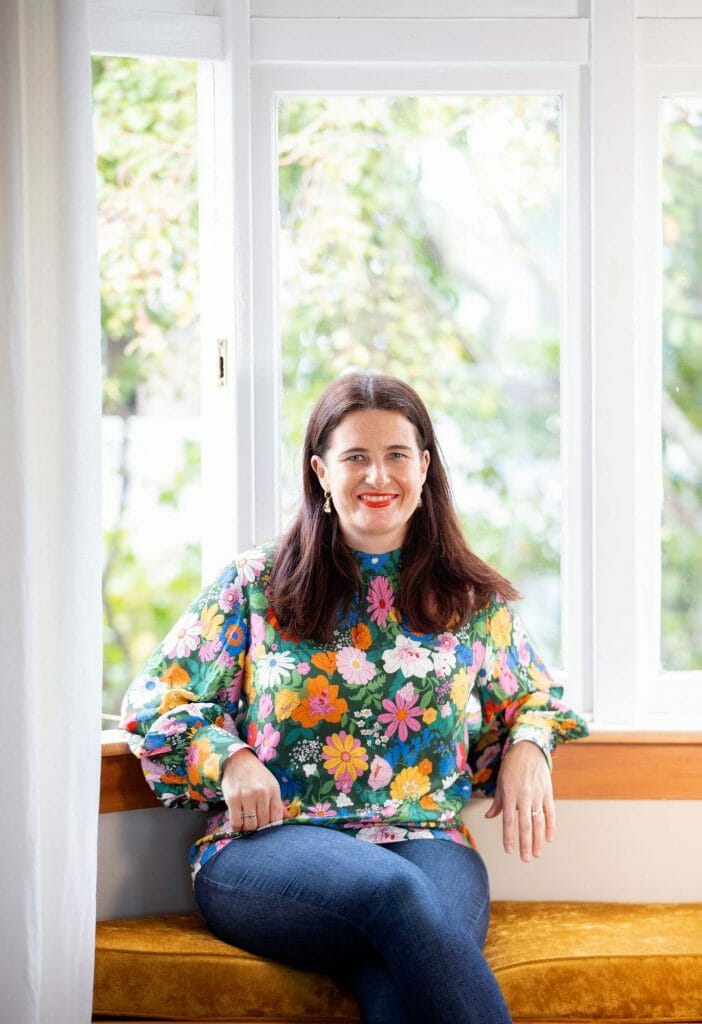
“Equity is about ensuring women are not restricted from the rights, opportunities and aspirations available to men. Equity doesn’t mean men and women are the same. Our differences should instead be celebrated. Rather, equity is about allowing men and women to express themselves fully, in all our diversity, in the knowledge that gender should never be a barrier to fulfilling our hopes, aspirations and potential.”
Related article: 5 health issues that every woman needs to know about.

